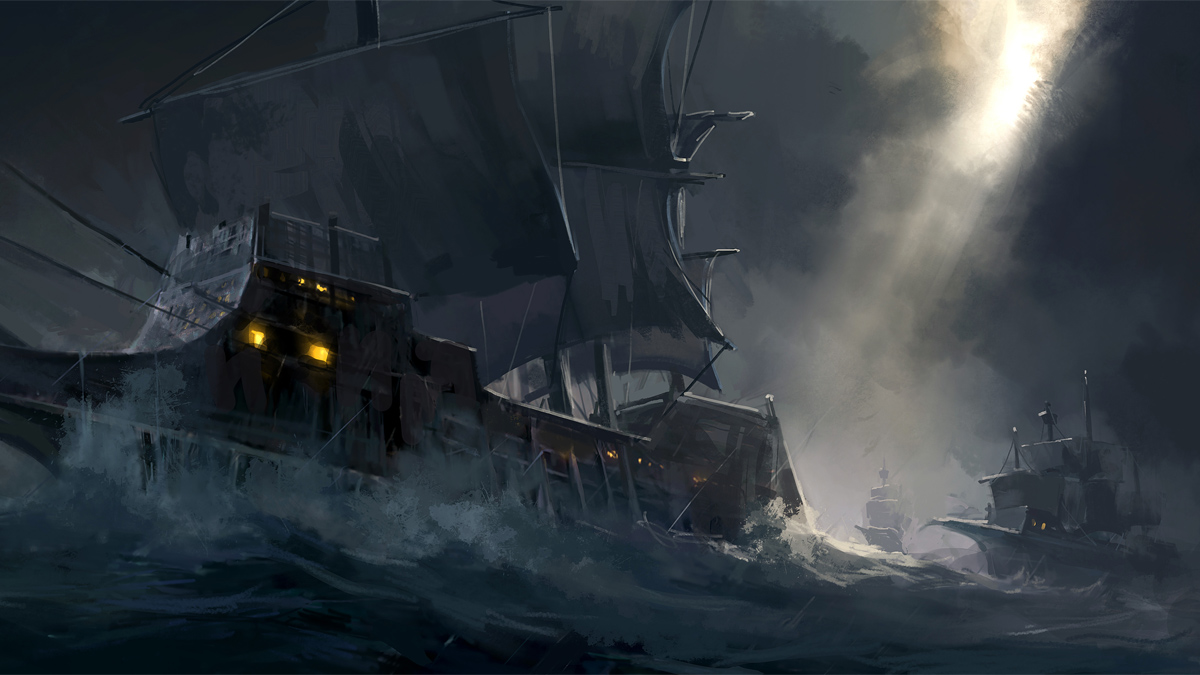
Richard's fascination with the sea coupled with time spent by the coast as a student made maritime history a natural focus for his research. Today, he's a Lecturer of History at the University of Reading focusing on the social history of sailors.
"Put simply, my research focuses on sailors in the early modern period - from the late 16th to the early 18th century. Across that period, the British Isles underwent a huge transformation from having little economic clout to becoming one of the world's biggest empires. The growth of the empire from the elite ruling class' point of view is a reasonably well-known story; but I'm interested in exploring these events from the bottom-up - looking at the stories of the sailors themselves."
“Sailors are generally assumed to have no power, agency or independence - and there is some truth in that. Theirs is a story of exploitation and brutal treatment. However, they were also skilled workers with a strong professional identity. I want to understand their perspective, and the choices they made.”
Richard's research explores how sailors had more power and significance than they were credited with. They existed in networks that spread across the world, and it was their labour and travel that facilitated economic growth. That's not to ignore the hardships these people faced, but it's important to study the consequences of their actions and decisions.
